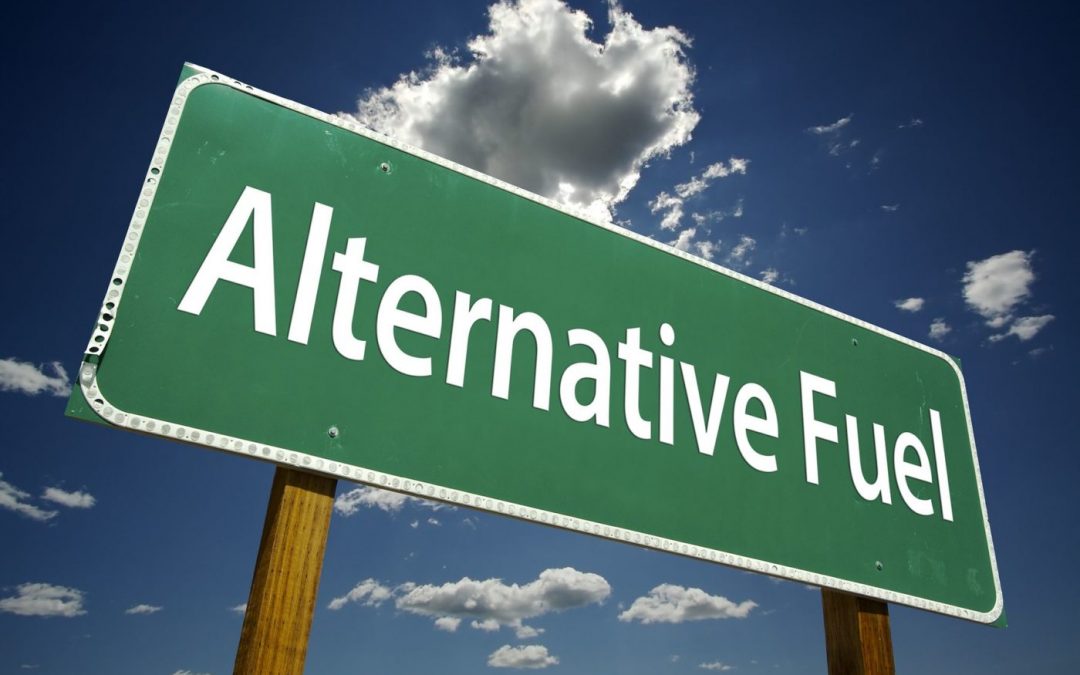A land locked country and a dissatisfied neighboring government. The result, Nepal with its citizens and their lives in a complete disarray. Halted are the reconstruction efforts after the unforgiving earthquake, gone is the sense of normalcy that the people were trying to regain.
There have been many posts, many discussions, much discomfort, ……………………, and much to be learned about the consequences of our dependency on trade and transit where border can become an obstacle.
We, the concerned citizens and the well wishers have to seek alternatives to tackle a situation like this so that incidents like this can cripple our lives never again!
So, here’s a silver lining that I am throwing out after a conversation on Facebook that I couldn’t ignore. Dr. Sushil Adhikari who is an Associate Professor of the Biosystems Engineering Department at Auburn University with expertise in bioenergy and biofuels shared this:
“Nepal is in dire need of liquid transportation fuels these days. Perhaps, this is the time to think about producing alternative liquid fuels in the country while providing job opportunities to locals and keep the money in the country. Germans developed Fischer-Tropsch process to convert CO and H2 to hydrocarbon almost 70 years ago. Today, that process is being used in South Africa to produce liquid fuels from coal. We, at Auburn University, are converting biomass such as pine trees to liquid fuels. We recently produced diesel fuel from algae (commonly known as “leau” (लेऊ ) in Nepal). Perhaps, we can grow algae from wastewater and convert it to diesel.”
This is not an easy task. Dr. Adhikari estimates that Nepal needs about 10 plants each with a production capacity of about 20 million gallons, based on current diesel consumption. He also adds that each plant will probably cost about $300 million dollars. This is going to be no easy feat but a pilot project is certainly due in Nepal.
Many friends have chimed in about funding and other collaboration. I remain hopeful and therefore this article, because as Noble Laureate Dr. Muhammad Yunus put it, a germ of an idea may be enough to start something new and something big. His out-of-pocket investment of $27 was the seed that led to Grameen Bank and a slew of social businesses in Bangladesh and around the world. In fact after reading, or rather listening to his audiobook, “Building Social Business”, I am convinced that building a social business for producing alternative fuels for Nepal’s consumption, might probably be the most effective way to go to.
I will share this germ of an idea with all of you. I will also tweet this article to Dr. Yunus with a hashtag #ProduceMoreBioFuelinNepal in an effort to catch his attention to help us start this as a Social Business in Nepal.
Nepali and Nepali well-wishers have used Twitter well, let us tweet #ProduceMoreBioFuelinNepal to seek the possibility of a brighter, a more stable, and a more vibrant Nepal.
And let us support and back Dr. Sushil Adhikari’s idea for producing more alternative bio fuels in Nepal.
Let this germ of an idea take a life of its own!








